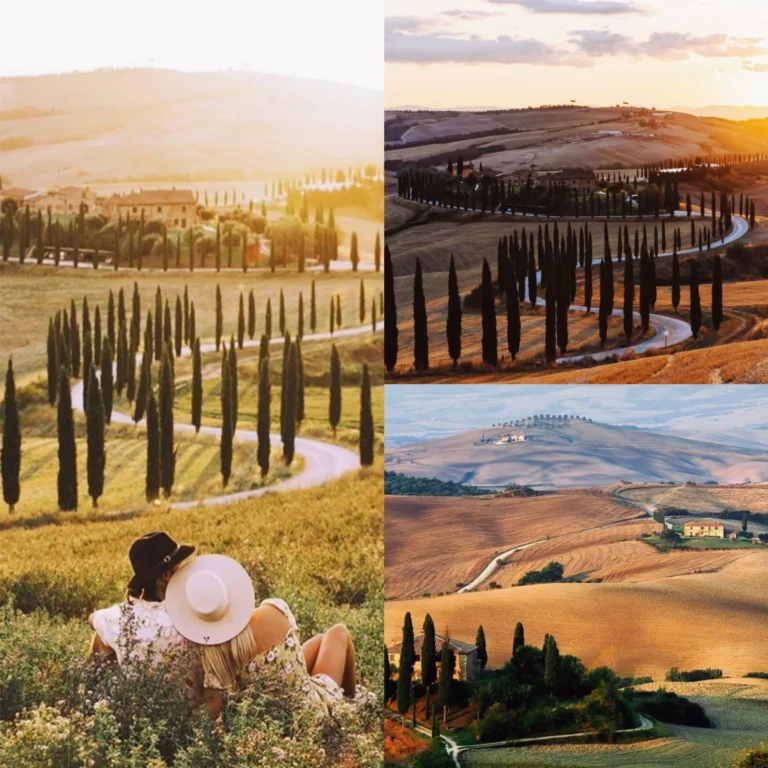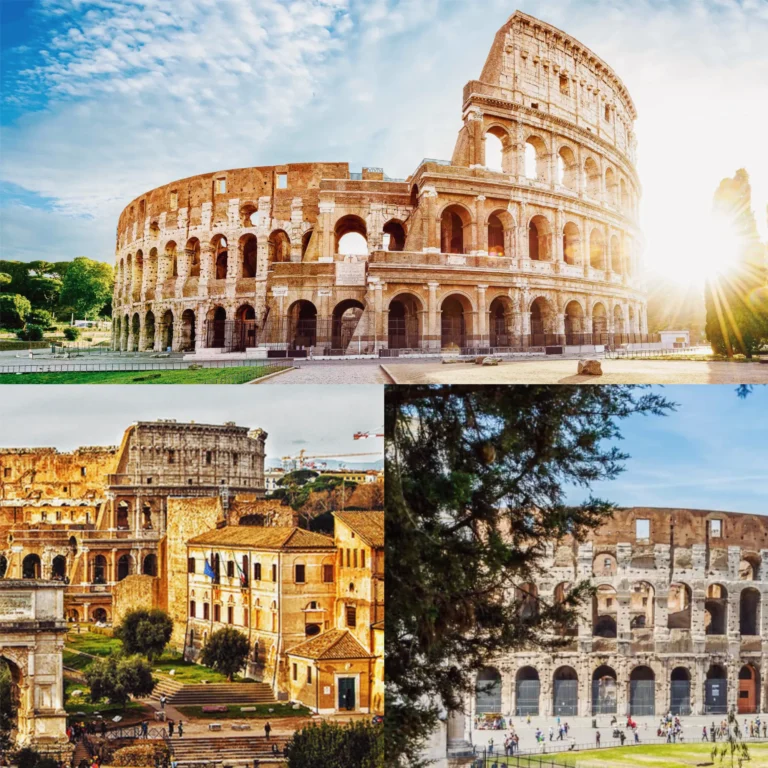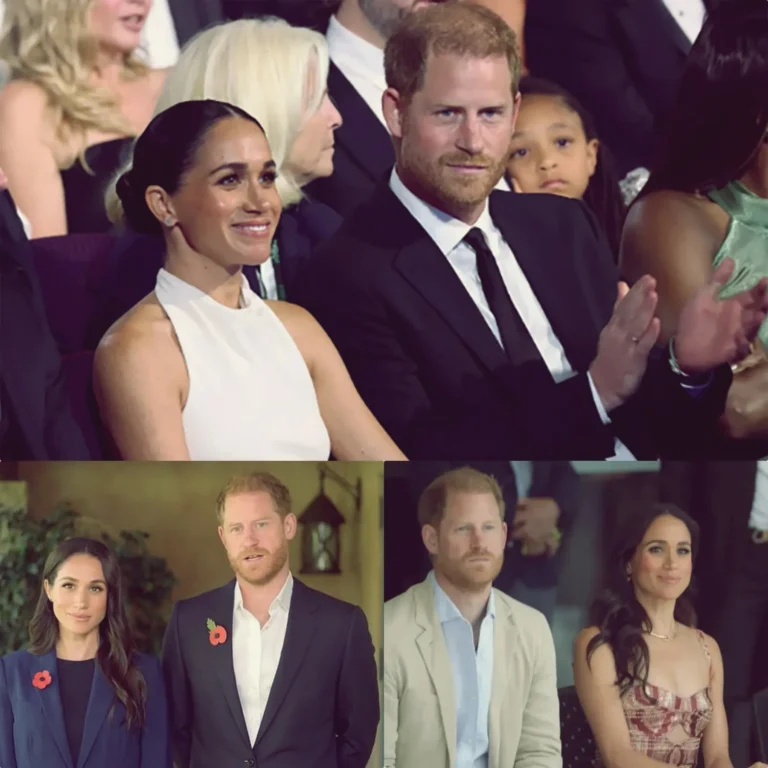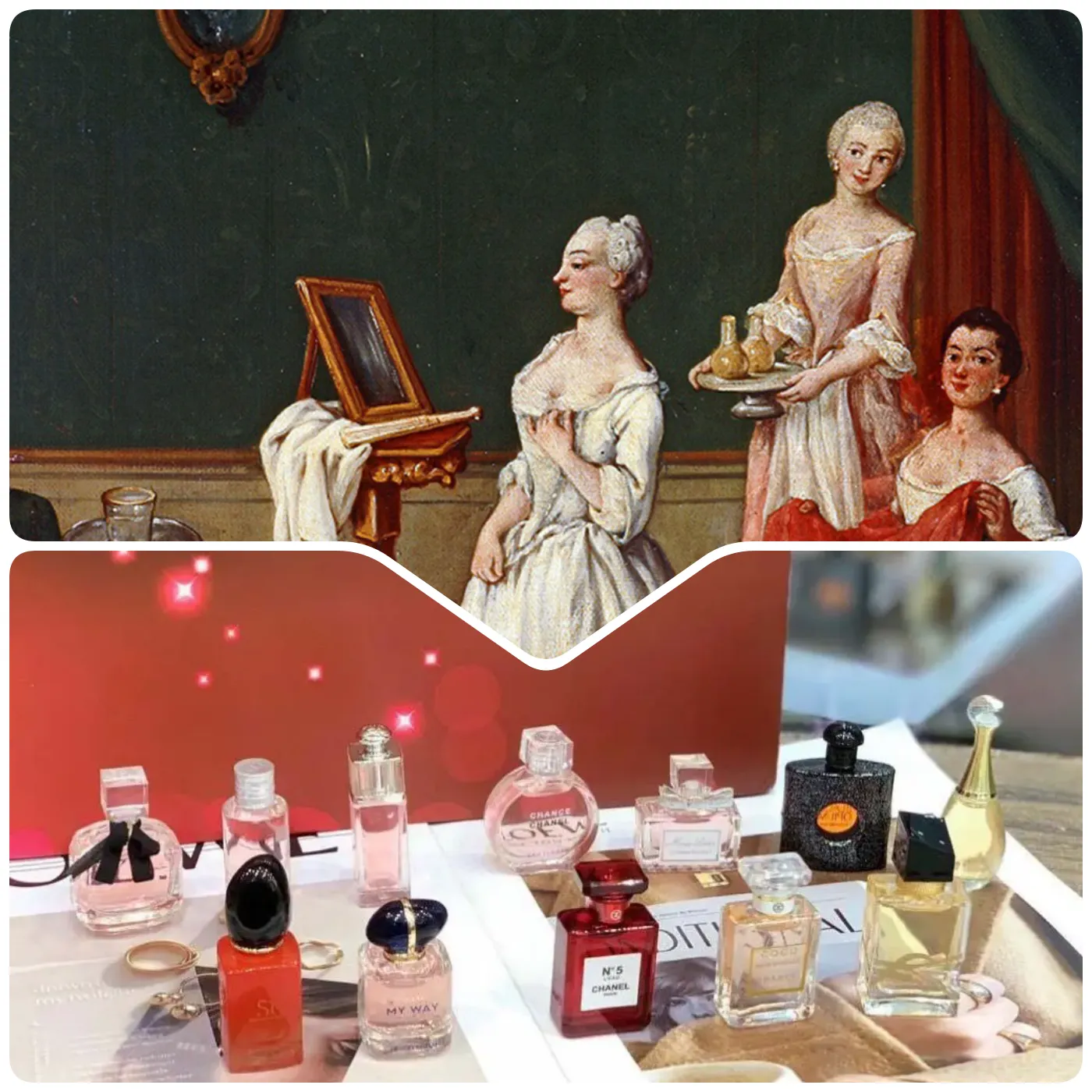
Origin of perfume: A journey through time
Perfume has been a part of human culture for thousands of years, and its use dates back to ancient times. The earliest records of perfume use were found in Mesopotamia around 4000 BC. From simple natural scents to complex and refined blends, the evolution of perfume reflects advances in both social values and technology across different civilizations.
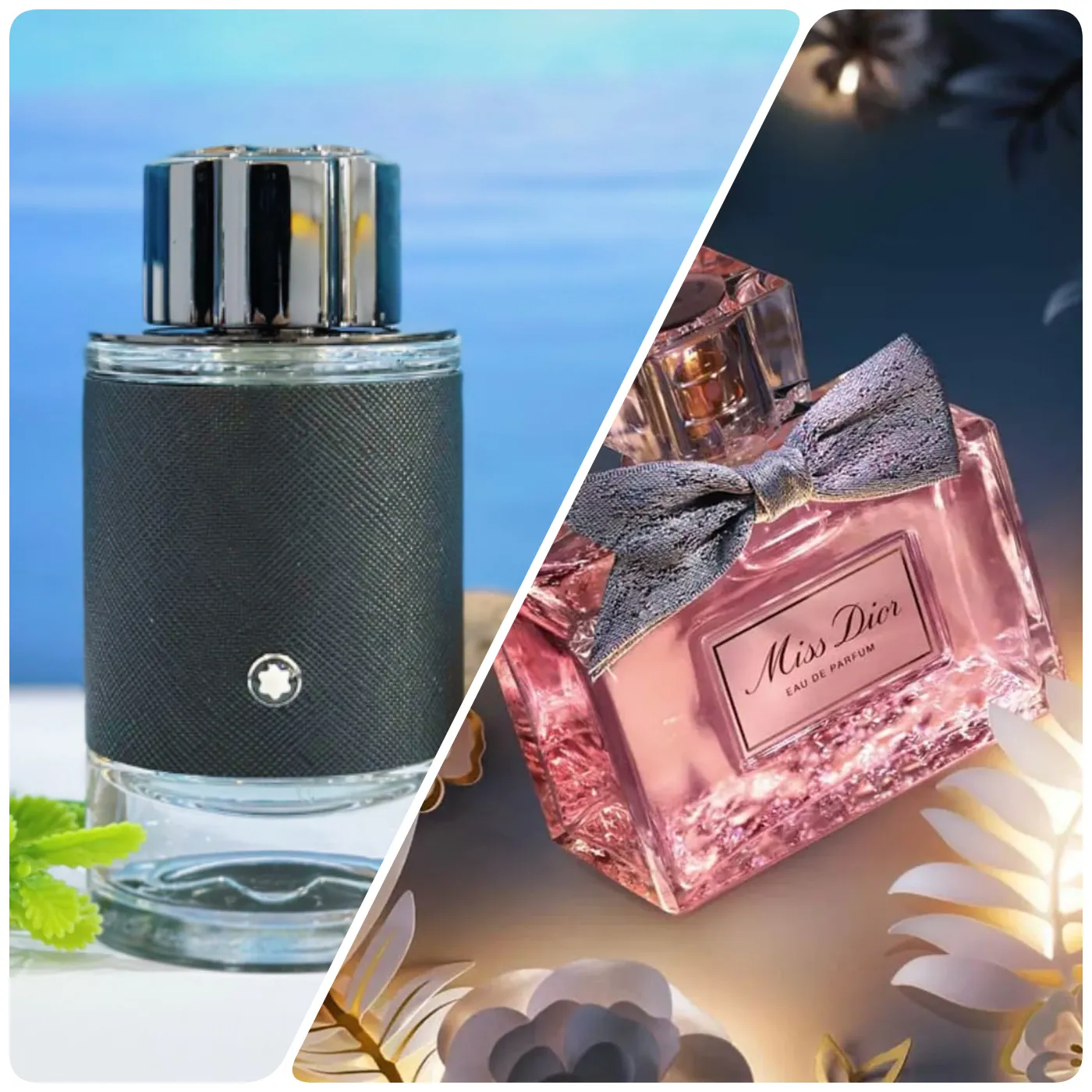
The beginnings of perfume in ancient times
The use of perfume can be traced back to ancient civilizations, with some of the earliest evidence discovered in Mesopotamia around 4000 BC. A cuneiform tablet mentions the first known chemist, a woman named Tapputi, who recorded the distillation of flowers, oils, and calamus with other aromatic substances.
The ancient Egyptians further refined the art of perfumery, using scent in religious ceremonies, burial practices, and daily grooming. Perfumes are often made from natural ingredients such as tree resin, agarwood and tuberose and are stored in beautifully crafted plaster containers.
One of the most prized perfumes in history is Oud, derived from the resinous wood of the Aquilaria tree. Oud is prized for its rich, complex aroma and rarity. Its use can be traced back to ancient civilizations in the Middle East, South Asia, and Southeast Asia, where it was used not only for personal fragrance but also in religious and spiritual ceremonies.
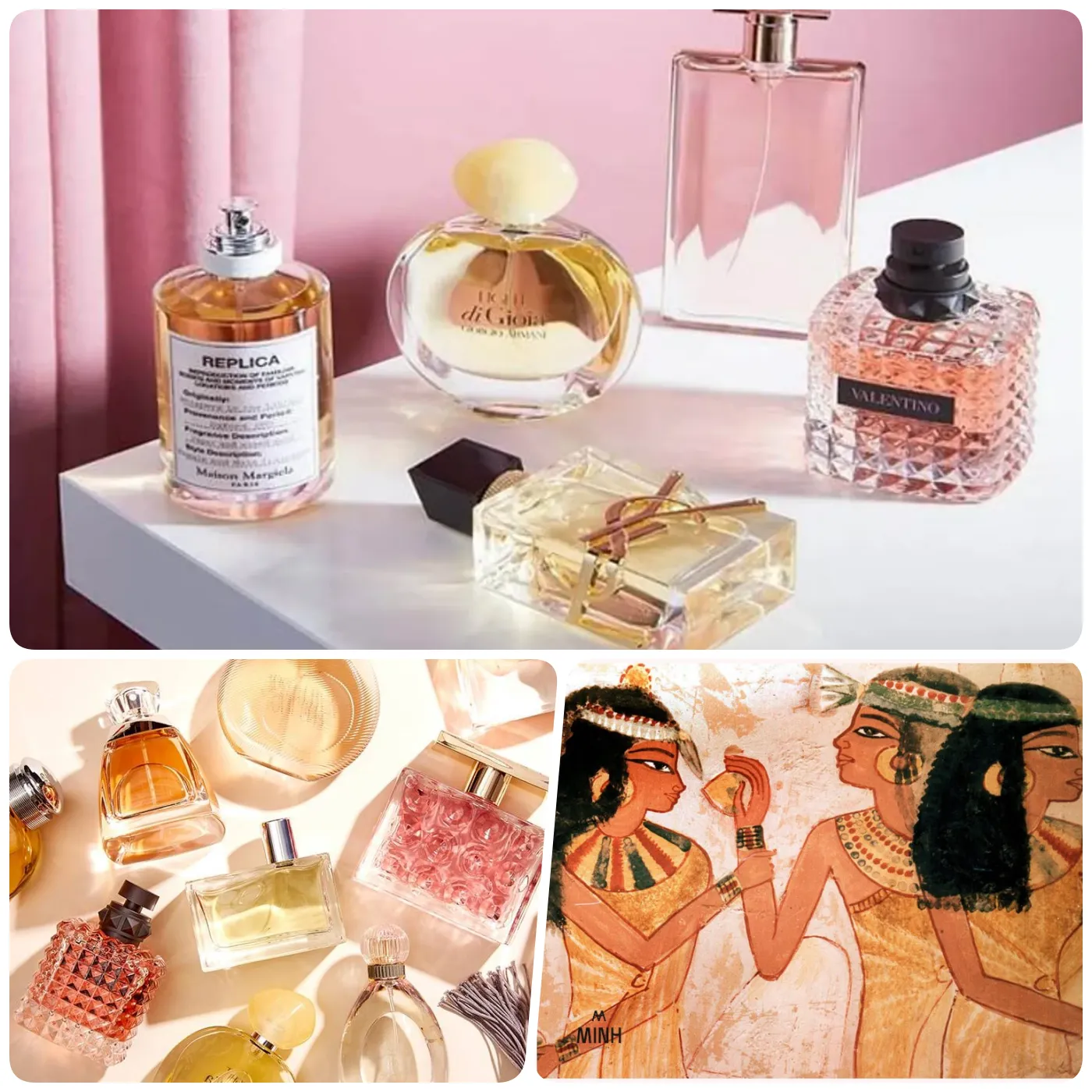
The Greeks and Romans further advanced the use of perfume, incorporating it into their daily lives and celebrations. The Greeks believed that scents were of divine origin and used them in worship of the gods. They import precious ingredients from Egypt, Arabia and India, blending them to create unique scents. The Romans, famous for their love of luxury, popularized the use of perfume in public baths, homes, and ceremonies. They developed new extraction techniques and created elaborate containers to store and transport perfumes.
The Islamic Golden Age, from the 8th to the 13th centuries, marked significant advances in the art and science of perfumery. Scholars and alchemists in the Middle East made groundbreaking contributions, including the development of the distillation process by the Persian polymath Avicenna. This technique allows essential oils to be extracted from flowers and herbs, creating a more delicate and strong fragrance. Oud, in particular, became popular during this period, symbolizing wealth and sophistication.
Modern perfume
The 19th and 20th centuries saw the industrialization and commercialization of perfume. Advances in chemistry allowed for the creation of synthetic perfumes, expanding the range of scents available and making perfume more accessible to the public. The modern perfume industry is indebted to pioneers like François Coty, who revolutionized the market by designing beautiful perfume bottles and creating brand identities for perfumes.
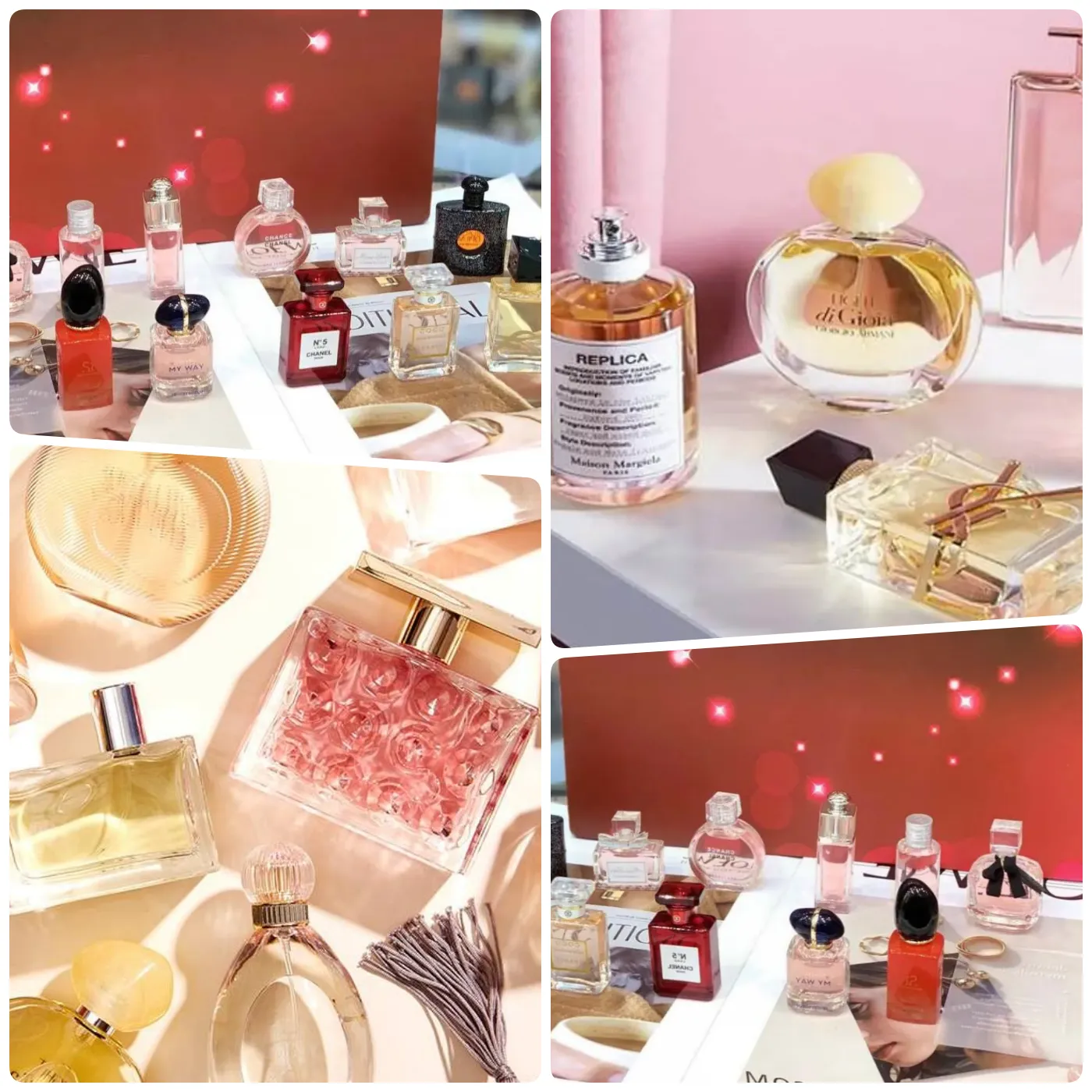
The establishment of iconic perfume houses in France and other parts of the world led to the creation of some of the most famous and enduring perfumes in history. The rise of the fashion and beauty industries is inextricably linked to perfume, as designers and celebrities launch their signature scents. Today, the perfume industry continues to grow, offering a wide range of products from high-end luxury to affordable.
Perfume not only reflects personal identity and artistic expression but is also a symbol of status and culture. From ancient origins to modern innovations, the story of perfume is a fascinating journey through time, revealing the enduring appeal and artistry of this timeless craft.

